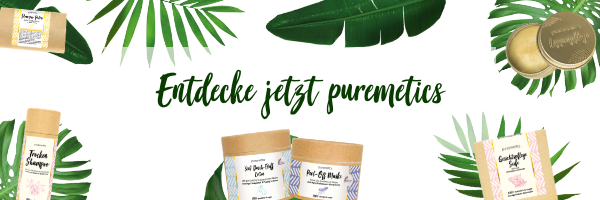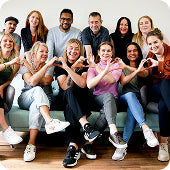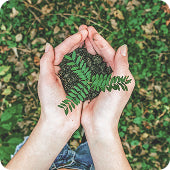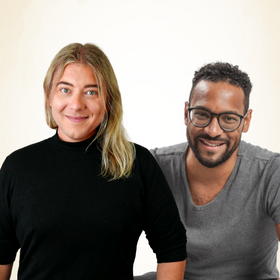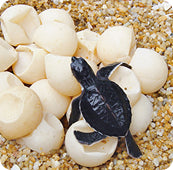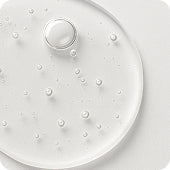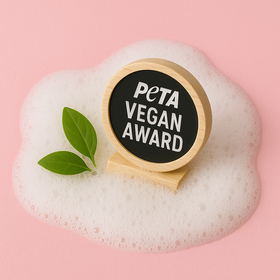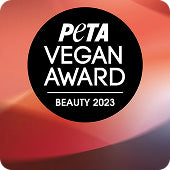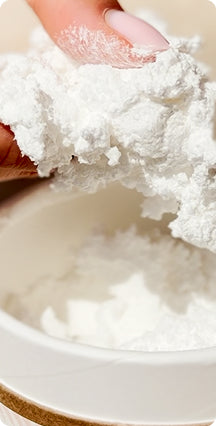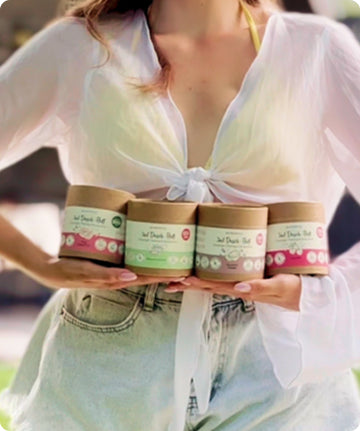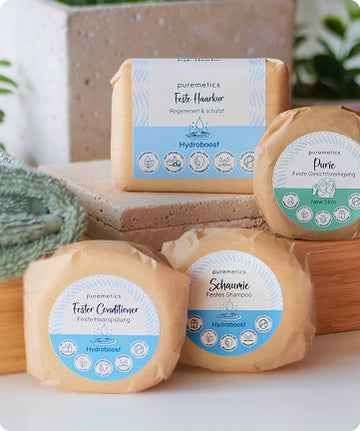Vegan diet - getting started
Vegan diet - getting started

Vegan - this word is on everyone's lips right now and is very trendy. Whether social media, television or magazines: you just can't get around it right now. And that's just as well!
"Vegan" came about through the Englishman Donald Watson, who founded the Vegan Society in 1944 and created the new word "vegan" from the first and last letters of the word " Veg etari an ". You hear more and more often that many celebrities are also choosing to go vegan. But what does that actually mean? What motivates more and more people to take this step? What are the advantages for me personally? What do I have to pay attention to anyway? Admittedly, this is such an extensive topic that you could almost make an entire course out of it and it is even possible to train as a vegan nutritionist.
With our vegan series, we want to shed some light on it to make it as easy as possible for you to get started with the vegan lifestyle, so we’re going to start with something very general:
Vegan - What does that mean exactly?
Veganism is not just a specific way of eating. It is a way of life, a mindset that relates to nutrition, clothing and cosmetic products and rejects animal exploitation, animal testing and animal suffering in all areas.
Vegan - Diet
Vegan diet is purely plant-based. Animal products and ingredients are completely eliminated from the menu. For many, it sounds as if there is hardly anything left to eat. However, the more you deal with it, you will notice: The vegan diet is very versatile! There are more and more vegan blogs, websites and YouTube channels that support you with buying and preparing vegan dishes with tips, tricks and lots of delicious and, above all, simple recipes. Some large food manufacturers are now also increasingly producing vegan substitute products. As a vegan, you will also find enough variety in the refrigerated section. Yoghurt made from soy, coconut or lupine milk, vegan cheese, delicious vegan ham skewers and even plant-based "chicken" nuggets or burger patties can be found in the range. Many restaurants and snack bars are also following suit and you can always find more dishes marked as vegan on the menus. Getting into this way of life is becoming increasingly easier for you as demand and interest continues to grow.
Advantages
for your body
Heart disease, diabetes, obesity, bad blood values,... You can counteract these diseases and impairments with a vegan diet. Animal products such as milk, eggs, cheese and, above all, processed meat are suspected of promoting these diseases or even being the trigger for them. There is increasing scientific evidence for this and the WHO also confirmed that the consumption of red and processed meat increases the risk of developing cancer. A purely plant-based diet is therefore considered one of the healthiest of all.
For the environment
Vegan nutrition protects the environment, the climate and the animals. The more people eat vegan, the less livestock farming is required. The less animal husbandry, the less animal suffering. And the less animal husbandry, the less CO2 emissions. In addition, fewer raw materials for animal feed have to be grown. The fewer raw materials that are cultivated, the less water is used for them. Did you know that 1 kilo requires the same amount of water as 15 kilos of plant-based food?
So, vegan nutrition is the best contribution each and every one of us can make to protecting ourselves and our planet.
Would you like to calculate how much CO 2 emissions your meals have? Then have a look here .
Disadvantages
Vegan nutrition is said to be the origin of deficiencies in important vitamins and minerals. Above all, one reads again and again in this context about vitamin B12 and that it is only found in animal products. In fact, animals such as ruminants produce the vitamin through small protozoa in their forestomach. However, many animals, like vegans, get it in the form of a supplement. It is simply mixed into their feed. So why eat animal products when we can simply supplement the vitamins ourselves? Spirulina or chlorella algae preparations are suitable here. These contain natural vitamin B12. The downsides of the vegan diet are so minimal that they hardly compare to its benefits. They are very manageable and easy to get out of the way.
How do I recognize vegan foods and products?
Most vegan products have a vegan seal, so you can easily recognize them at first glance. These are the most important labels you should know:

Photo: © Vegan Society

Photo: © ProVeg eV

Photo: © Vegane Gesellschaft Deutschland eV
where can I inform myself?
Do you remember our January challenge ? We have presented you with interesting documentaries on the subject. Or take a look at this YouTube video. This shows what would happen if everyone became vegan.
As mentioned at the beginning, vegan nutrition and a vegan lifestyle are a very extensive topic. We hope we were able to give you a first overview. It is worthwhile, both for yourself and for the environment, if you continue to deal with the topic. With our products, we also make a contribution to a greener world. Even if you can't eat them, except for the superfoods: they're still vegan, plastic-free and cruelty-free! Feel free to visit our shop .
If you would like to be informed directly about the latest blog posts, please follow us Instagram ! :-)

